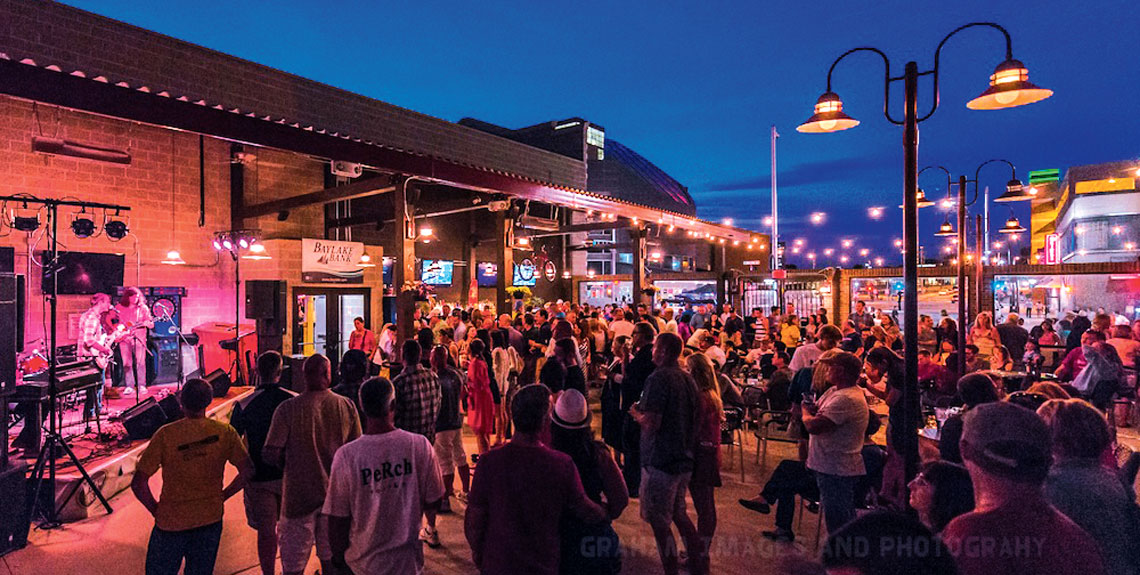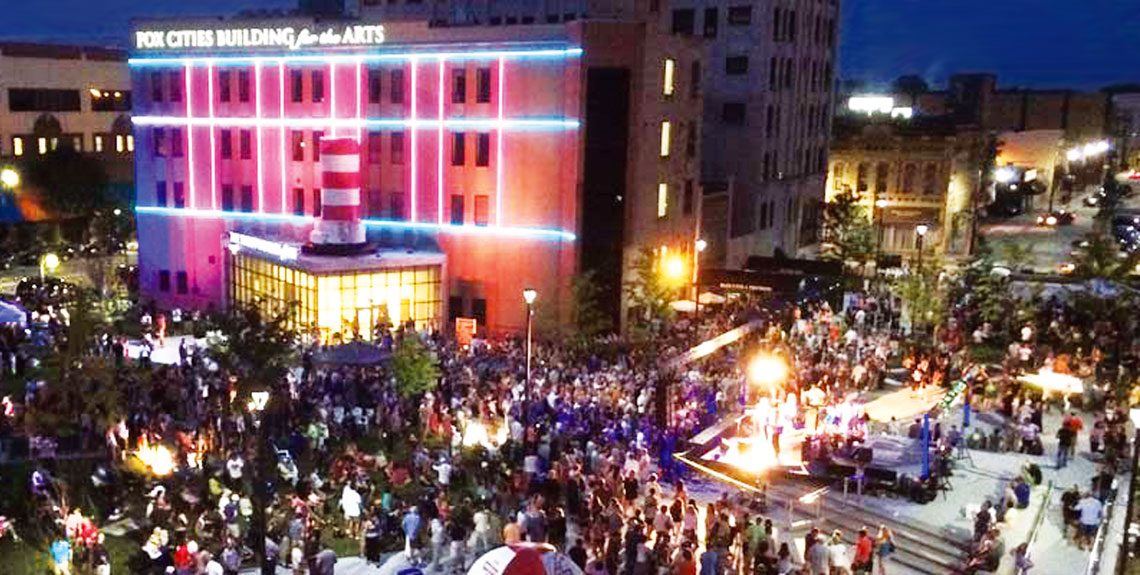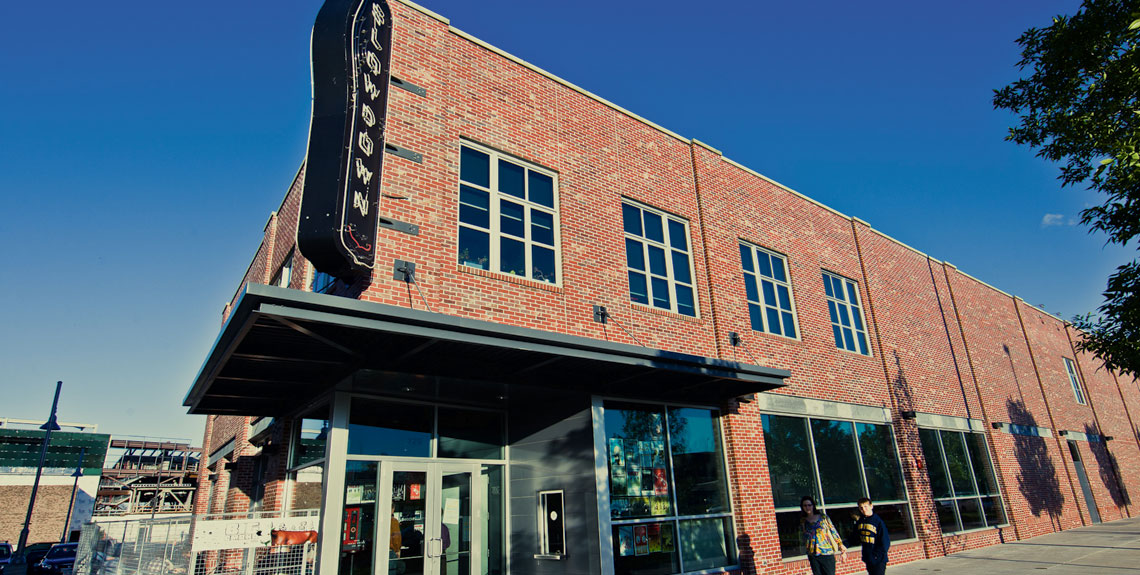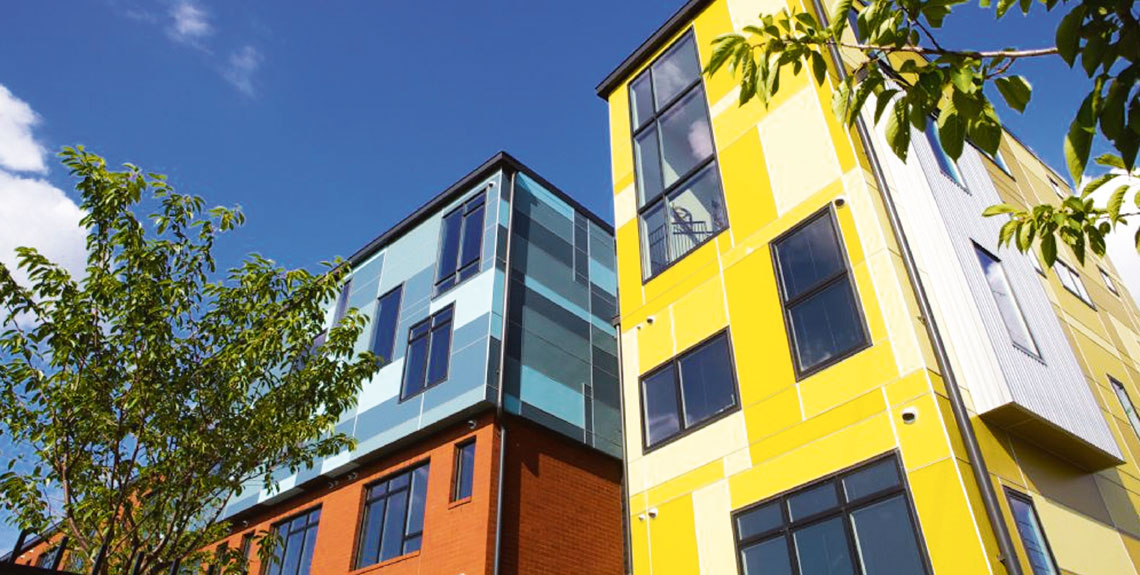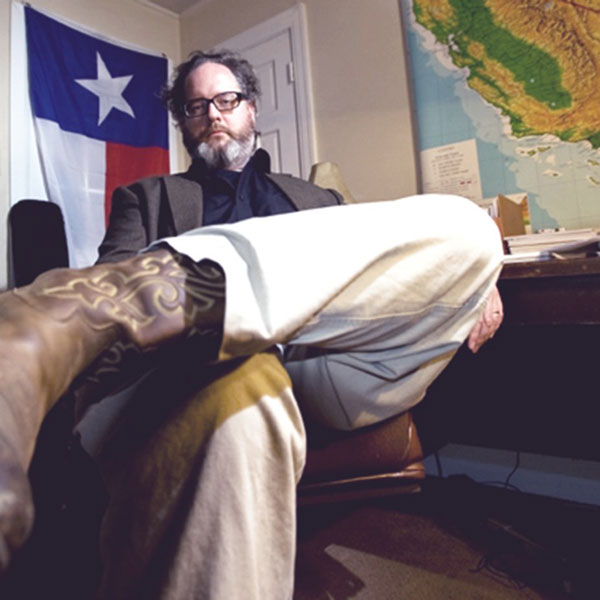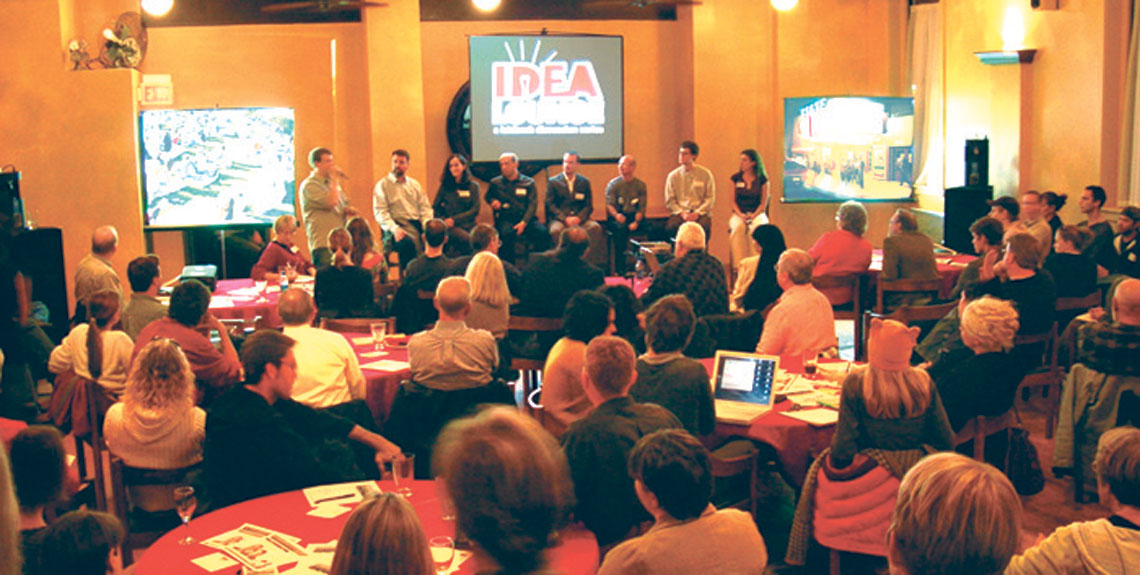1 Eau Claire: Music City?
An international report outlines what it takes to be a music city. Local musicians tell us if we make the cut.
compiled by Thom Fountain
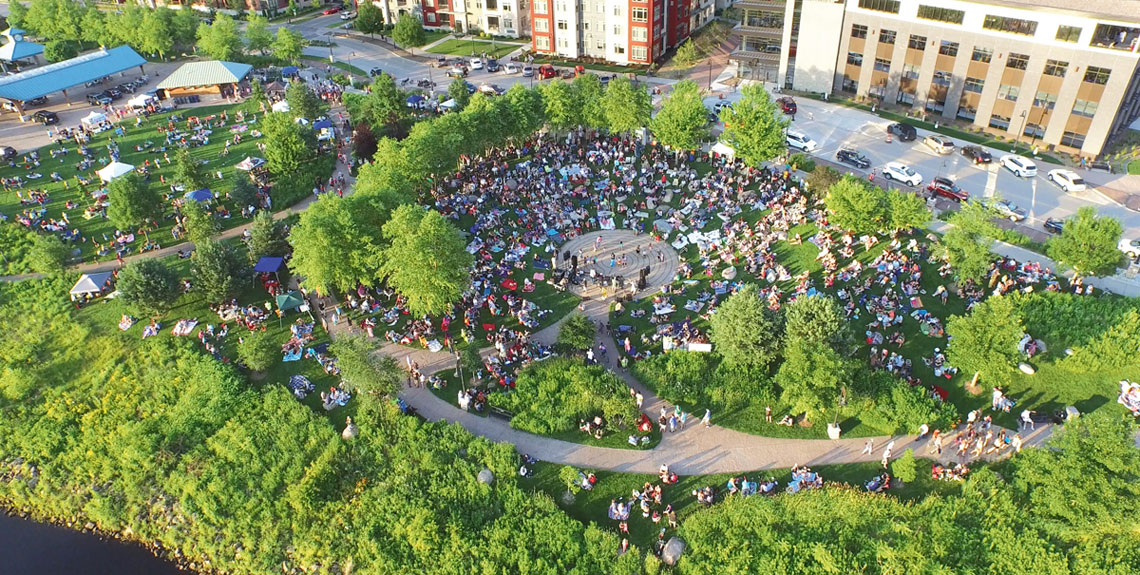
In our effort to look at the Chippewa Valley’s potential as a music destination, we turned to experts for guidance. Just this June, a comprehensive report titled "The Mastering of a Music City" was published by the international music association, IFPI, and Music Canada. The following criteria for what makes a city a “Music City” is outlined in that report and used with permission. Visit IFPI.org for the full report.
What makes a music city?
Many natural evolutions have made Eau Claire and the Chippewa Valley into a great music destination. But to truly be top-notch, a whole host of factors must be examined and addressed. This is where we start:
Investment Goes Outward
adapted from The Mastering of a Music City report by the IFPI and Music Canada, June 2015
LOCAL SCORE
One of the first steps to building our music city is determining how close we are to being one. We looked at the Music City report for guidelines, then polled over 50 local musicians of all experience levels and genres to see how we were doing on a scale of 1-10.
Artists and Musicians 8.0
It might seem obvious, but a Music City needs people who make music. Musicians, singers, songwriters and producers are a necessary foundation. Many cities report that artists congregate “organically.” In other words, a strong gathering of artists cannot be manufactured, though implementing “musician-friendly” policies is important to attracting and retaining them. It doesn’t seem that surprising that when we ask musicians about musicians they say there’s a lot of musicians. But it does seem like there’s no shortage of bands and no major gaps in genre throughout the Chippewa Valley, which is the foundation of our success.
A Thriving Music Scene 7.9
A Music City is invariably built on a thriving live music scene. This means more than just having a large number of live performances. It means having a diversity of music offerings, as well as support for local and indigenous cultural expression, in addition to support for larger touring acts. Ideally, there is a balance between local artistic expression and international content. While the numbers are a good start, what makes a scene a scene is the community and the Chippewa Valley has plenty of that. “Musicians are supportive of each other,” said a local jazz player. “There’s a lot of encouragement as opposed to competition.”
Spaces and Places 4.9
Spaces and places for live music performance and other activities such as rehearsing, recording and music education are integral to the success of a Music City. The range of music venues should span informal to formal, indoor to outdoor, and all sizes in order to meet the needs of artists at every point of their career. Quality is important, though, as Mark Davyd, CEO of Music Venue Trust in the UK points out: “If a 16 year old goes into a venue with terrible sound and lighting, does it motivate them to make it a career? Not likely.” One of the lower scores in our survey was here, talking about venues. Musicians said the facilities were often outdated and paid poorly, though some said there were a few shining spots in the rough — especially the public spaces like Phoenix Park.
A Receptive and Engaged Audience 6.0
An informed and passionate audience is critical for a successful Music City. Ideally, audience support extends to local musicians as well as touring artists, and fans are willing to pay for performances by artists at all levels in their careers, and representing a diverse range of influences. Attention should be paid to growing an audience of younger music fans. Many of the musicians who responded seemed to yearn or the ‘good ol’ days’ when audiences were fuller and more engaged. We’re not sure if that’s seeing the past with rose-tinted glasses or a serious trend, but for the area’s music to thrive there has to be someone to play to.
Music-Related Businesses 3.5
A critical mass of music-related businesses and professionals is essential to the success of a Music City, but it is not uncommon to have gaps within this category and still succeed overall. Nashville proudly describes itself as a “self-sustaining music centre” where it “is entirely possible to write, produce, record, release and promote an album without looking outside the Nashville region.” In contrast, other cities have identified gaps in their inventory that they are working to address. While only three of the over 50 musicians who responded made their whole living through music endeavors, many bemoaned the fact that it was nearly impossible to in the Chippewa Valley. The area does support a number of music businesses, be it instrument makers or music stores or lessons, but the grind is real locally to make a living wage.
Multi-Level Government Support for Music 4.6
The most successful Music Cities benefit from cooperative efforts by all levels of government, with engaged and supportive political representatives. The best example of this is in Australia, where coordinated action at the federal, state and local levels supports and grows the music industry. The National Live Music Office, established in 2013, supports the development of local government policies pertaining to live music, live venues and audience development at the local level as well as advocating for additional improvements at the state level. Political support is particularly important. While there were no complaints of government interference making it hard to create or play music in the area, there were no particular examples of government help (with the notable exception of the Confluence Project, which was mainly applauded).
Broader City Infrastructure 5.9
Many Music Cities have explicitly recognized the importance of city infrastructure. A baseline level of transportation infrastructure, including public transit and parking near venues, is necessary to connect audiences with artists and venues, and thereby facilitate the growth of music scenes. Affordable housing is necessary to attract and retain artists, many of whom earn limited incomes.Musicians are people too and the music business isn’t always the most lucrative. Having a community with affordable housing, access to public transit, and other amenities can make it easier for musicians to give it a go without risking their livelihoods.
Music Education 7.7
Music education is present in successful Music Cities. Generally, it is understood to include formal music training in the education system, as well as specialized programs at colleges and universities. Not only do these programs help develop future musicians, but they develop appreciation for music at a young age, seeding future audiences. The many other benefits of learning and playing music are well documented and wide-ranging. These include enhancing children’s neural activity, language development, test scores, IQ and learning abilities. It’s no surprise that Eau Claire has great music education in our high schools and university, however it’s important to stress that education at younger ages to encourage growth, as well as offer continuing education for older musicians and hobbyists.
Music History 4.6
It is interesting to note that local music history and identity did not receive as high a ranking as might have been expected from the focus groups convened for this report. This is despite the fact that many Music Cities are steeped in music history. Liverpool, New Orleans, Memphis, Nashville and London spring to mind. For cities like this, music history is leveraged for economic and cultural gains. It is an asset that warrants protecting, celebrating and building upon. As Graham Henderson, President of Music Canada, notes, “A great Music City knows its music history – you need to know your own story.” Do you know who Sarge Boyd is? Besides the namesake of the Boyd Bandshell, he was also the bandleader for the municipal band for 46 years. While everyone seems well aware of Eau Claire’s recent successes and musical history, it’s important we keep those connections and roots deeper in the past as well.




